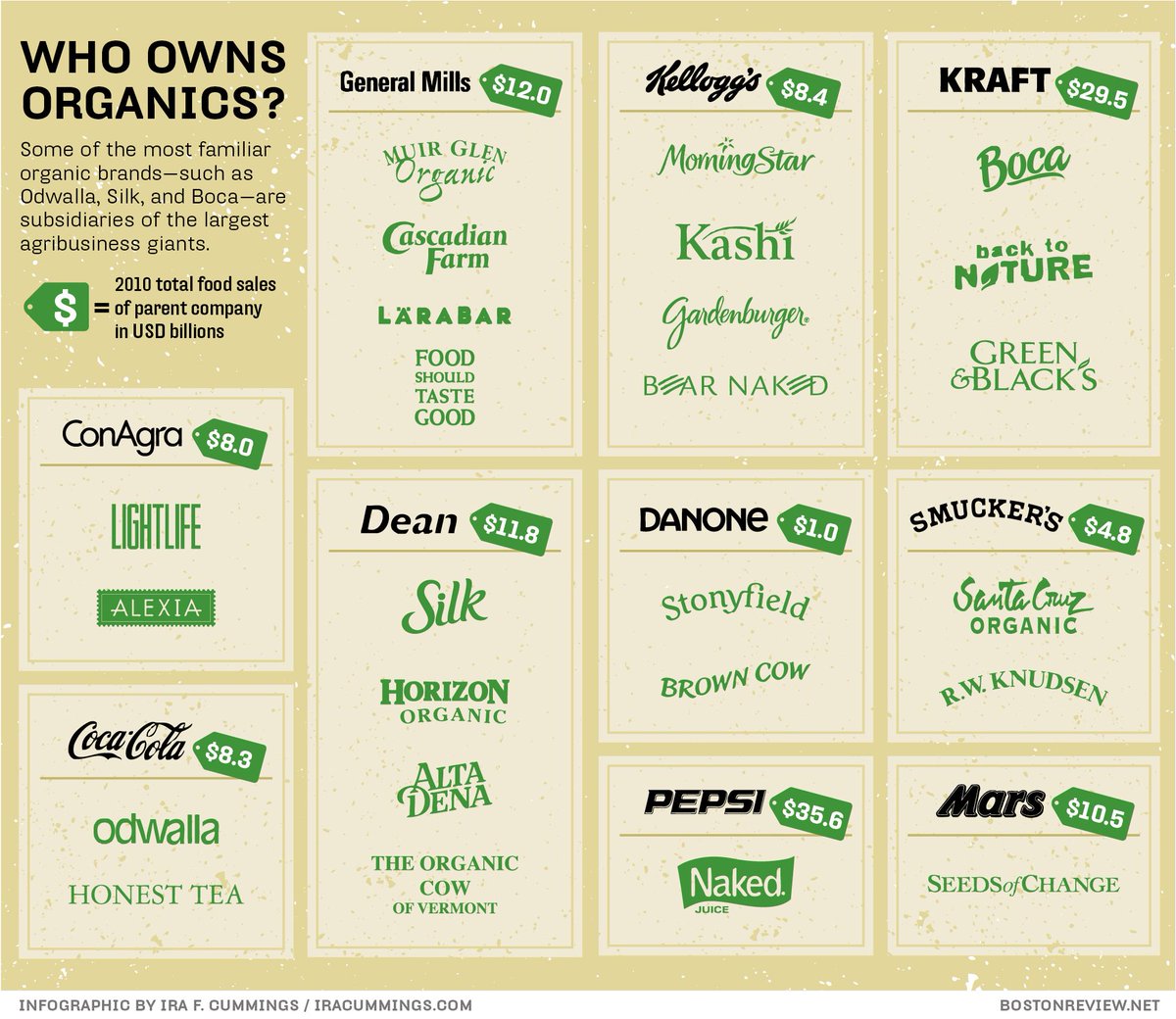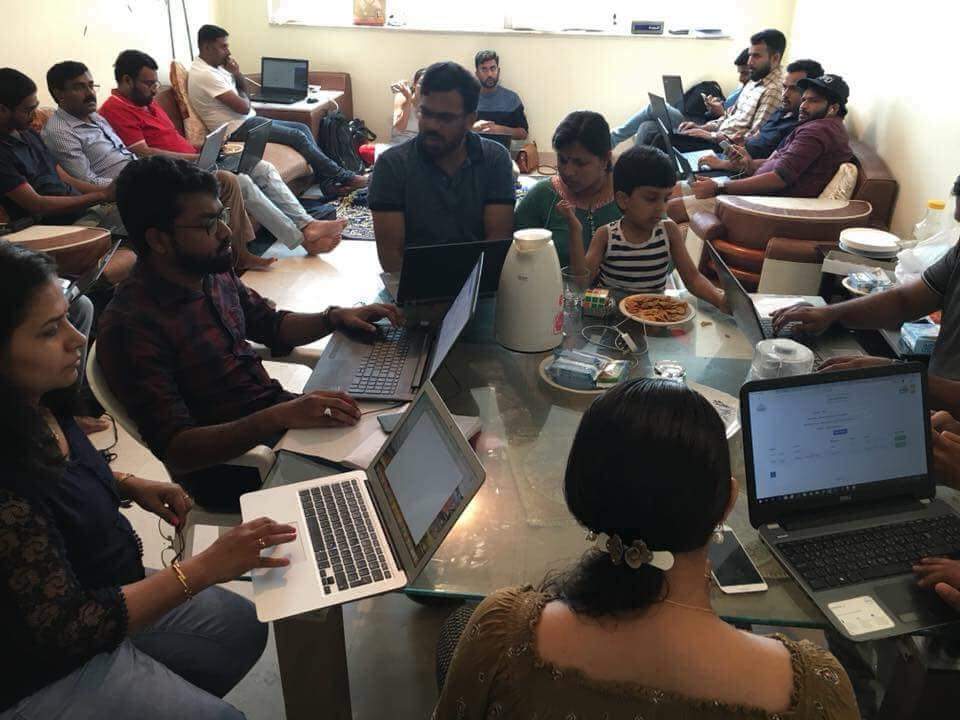truth: organic food is grown without the use of *synthetic* pesticides!
blogs.scientificamerican.com/science-sushi/…
truth: organic farming can be less safe and the pesticides used in organic farming can even be more toxic than ones used in conventional farming.
npr.org/sections/healt…
truth: organic farming is probably WORSE than conventional farming for the environment.
acsh.org/news/2017/05/2…
acsh.org/news/2016/08/2…
sciencebasedmedicine.org/no-health-bene…
med.stanford.edu/news/all-news/…
truth: big organic is just as much of a money-making industry as the the one that governs conventionally grown food-aka not everything is a conspiracy

citylab.com/life/2014/08/f…
forbes.com/sites/stevensa…
science.sciencemag.org/content/298/56…
and farmers, i would love to hear your thoughts on this! please let me know if i'm mistaken :-)




